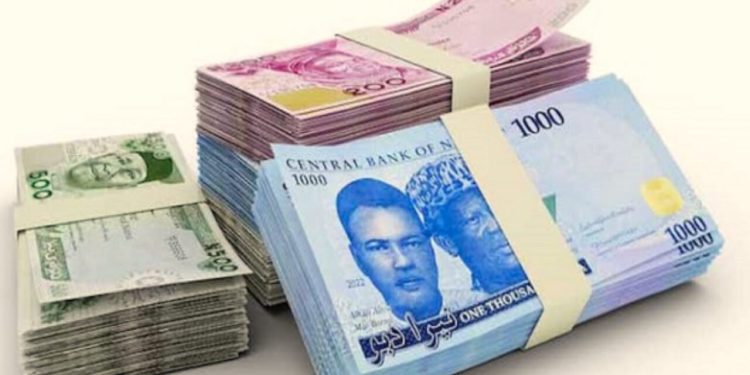The Central Bank of Nigeria (CBN) has reported a decline in the country’s money supply for September 2025, reflecting the ongoing impact of its strict monetary tightening measures aimed at curbing persistent inflation.
According to the CBN’s Money and Credit Statistics Data released on Tuesday, total money supply fell from ₦119.7 trillion recorded in August, as banks’ credit to the economy dropped by 5 percent during the month. The decline aligns with the apex bank’s policy stance, which has seen multiple interest rate hikes since mid-2023, totaling over 800 basis points in an effort to slow inflationary pressures.
Breakdown of key money supply components showed that:
- Narrow Money (M1) declined by 0.76% month-on-month to ₦39.1 trillion in September, down from ₦39.4 trillion in August.
- Quasi Money (which includes savings and term deposits) dropped by 1.99% to ₦78.7 trillion from ₦80.3 trillion.
- Demand Deposits fell by 0.86% to ₦34.6 trillion from ₦34.9 trillion.
However, Currency Outside the Banking System (CoB) rose slightly by 0.45%, increasing to ₦4.47 trillion from ₦4.45 trillion. The uptick suggests increased cash preference by individuals and businesses, possibly due to liquidity concerns or informal sector transactions.
The overall decline in money supply was driven primarily by a 2.1% drop in total credit to the economy, which fell to ₦96.7 trillion from ₦98.8 trillion in the previous month. Notably, credit to the private sector decreased sharply by 4.4% to ₦72.5 trillion, overshadowing a 5.67% rise in government borrowing, which increased to ₦24.2 trillion.
Analysts say the figures underscore the challenges facing the CBN as it attempts to strike a balance between controlling inflation and supporting economic growth. With inflation still at elevated levels, further policy adjustments may be considered in the coming months.















